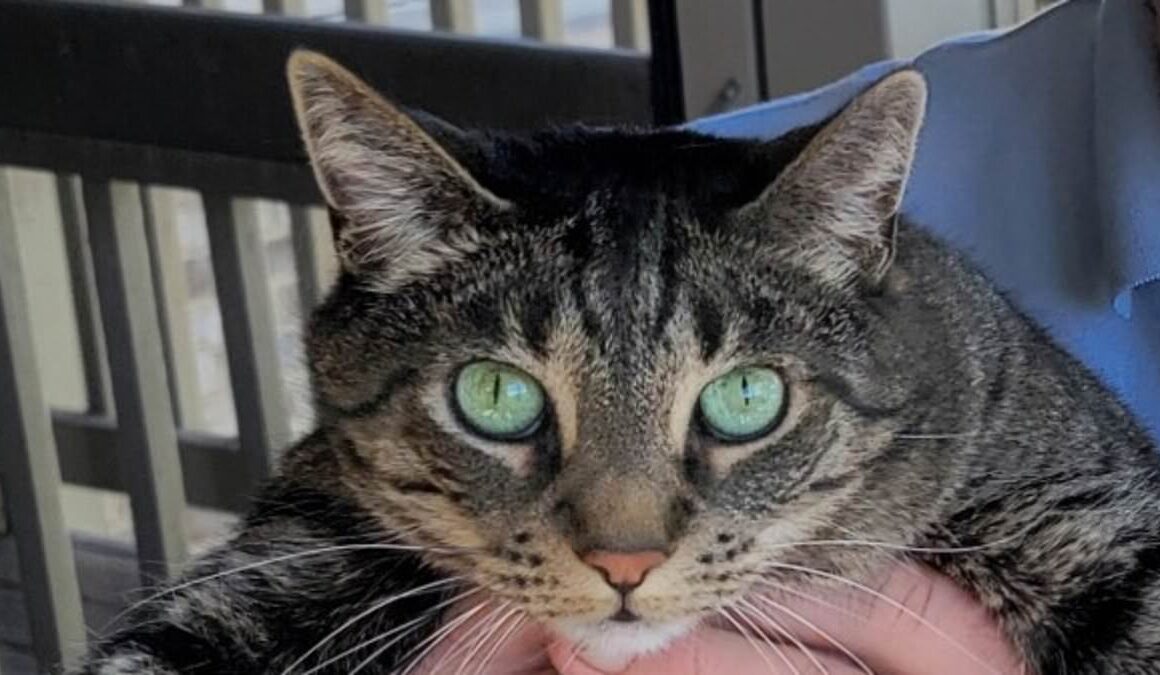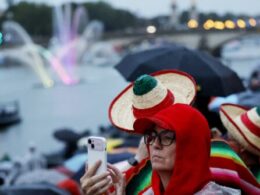A prolific academic who was lauded by peers has been unmasked as a cat in an experiment to expose how researchers are ranked online.
Larry Richardson has been cited over 132 times on the platform and could have been considered a young expert in Mathematics. However, Mr Richardson is in fact a pet cat – also called Larry.
Larry’s journey to become the most highly cited puss in academia started when his owners’ grandson – Reese Richardson – noticed a flaw in how Google ranks researchers.
Mr Richardson, who is a PHD candidate at Northwestern University in the USA, and his friend Nick Wise, a research associate at Cambridge, spotted an advert on Facebook that claimed it could fraudulently boost inflate academics credentials on Google Scholar.
Working together, the men discovered that the advert was generating sham articles almost made up entirely of gibberish which crucially include citations from their customers. The articles were then uploaded to ResearchGate, a well-known social media platform for academics.

Larry Richardson has been cited over 132 times on the platform and could have been considered a young expert in Mathematics. However, Mr Richardson is in fact a pet cat – also called Larry (pictured)

Since Larry’s story broke Mr Richardson claims academics have complained that they have worked in their field for 20 years and are not as accredited as the puss
Google Scholar would then recognise these articles as legitimate pieces of research.
Mr Richardson and Mr Wise then set themselves the challenge of transforming Mr Richardson grandmother’s cat Larry into one of the most promising young mathematicians.
Larry did face competition from a fellow feline researcher called Willard. Their owner, theoretical physicist Jack Hetherington, cited Willard as a co-author called ‘FDC Willard’ on one of his papers.
As a result, Willard has been cited 107 times by other academics.
In order to crown Larry as the most cited cat in academia, Richardson created 12 fake papers that appeared to been produced by Larry, and 12 others that each cited all of Larry’s works.
Google Scholar logged all but one of Larry’s papers which gave Larry 132 citations and also an ‘h-index’ of 11, which means he had 11 papers that had each been cited at least 11 times each.
Since Larry’s story broke Mr Richardson claims academics have complained that they have worked in their field for 20 years and not received such a high h-index.

The Google Scholar homepage. Reese Richardson and Nick Wise made a cat called Larry one of the most cited researchers by exploiting a flaw in how researchers are ranked online
Speaking to The Times, Mr Richardson said: ‘The scientific enterprise has become so competitive and unequal that services have emerged to offer reputation laundering, preying on academics desperate for jobs and promotions.
‘With the reality of the situation being this ridiculous, we wanted to bring attention to the problem with something even more absurd.’
He argues that it is not just flaws in Google Scholar which have allowed so many fake articles to circulate but also down to major shortcomings within the scientific community which has helped create the incentive for academics to try and artificial boost their ranking.
Google has since removed all of Larry’s article but many other bogus pieces of research remain on the site.
MailOnline have approached Google and ResearchGate for a comment.








